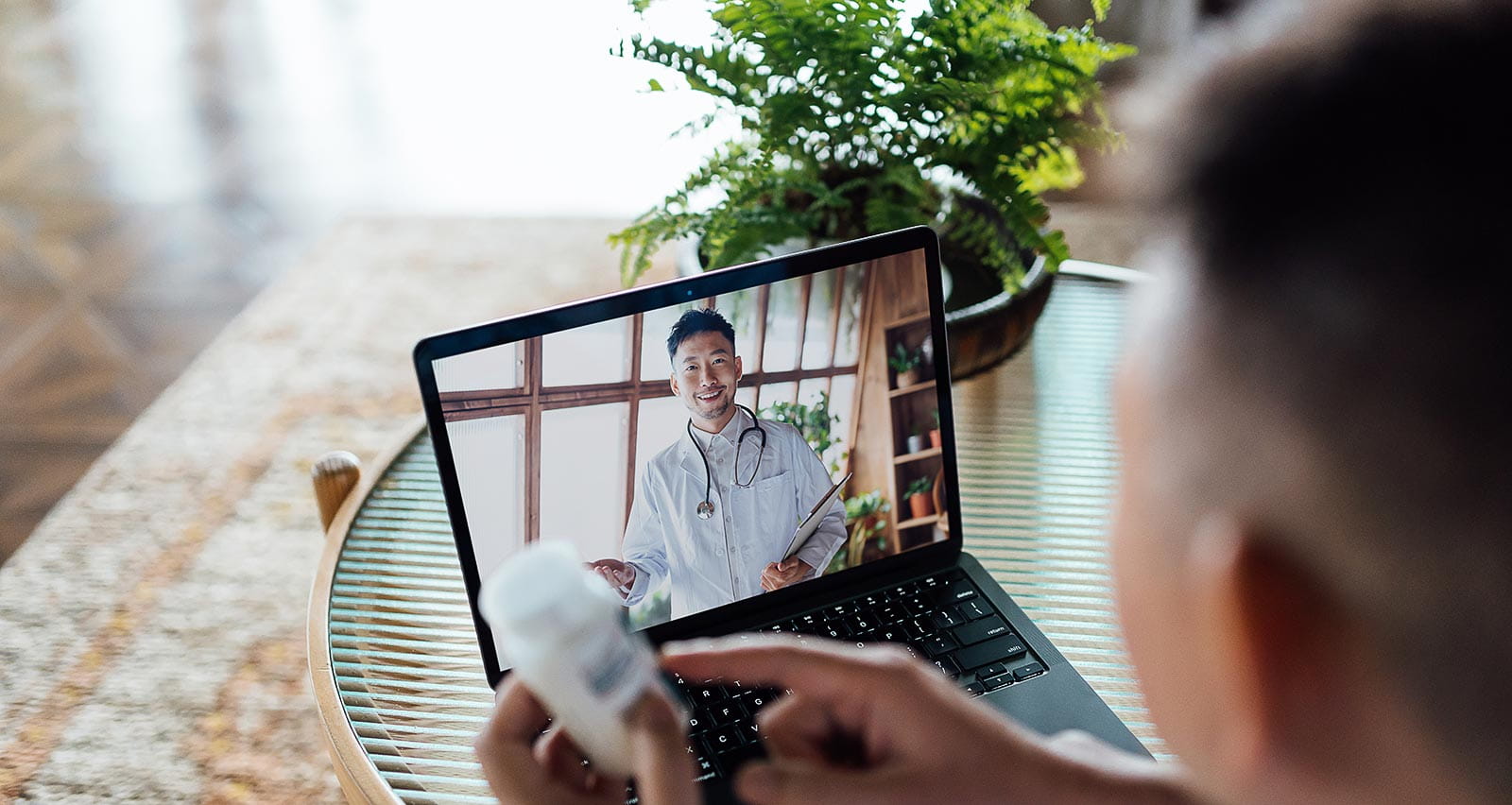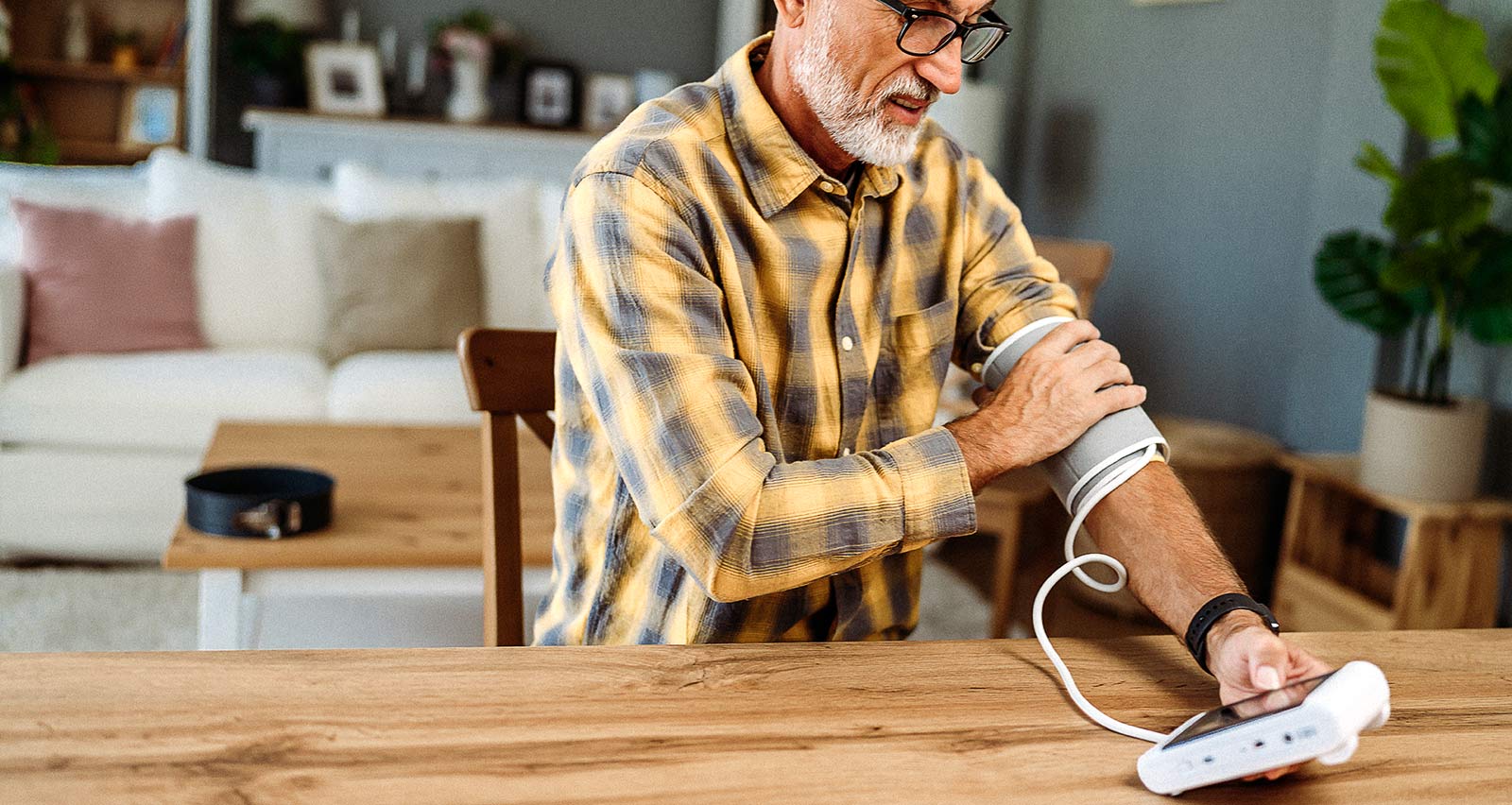
Personalized Health Support, Wherever You Are
At Healthy at Home, our mission is to support your well-being by bringing expert care, wellness resources and personalized guidance directly to your doorstep. Our program is designed to help individuals and families take charge of their health in the comfort of their own homes.
Discover a better way to care for yourself and your loved ones – right where you are.
Call the UH Healthy at Home Virtual Clinic nurse line at 216-844-2200 (option 1). Our nurses are available 24/7 to discuss your care or any concerns that you may have, or you can contact us via email at HealthyAtHome@UHhospitals.org.
Services We Offer
Our services include:
- 24/7 Nurse Access: Speak with a licensed nurse anytime, day or night.
- Appointment Coordination: We are able to schedule primary care and specialty visits for you.
- In-Home Medical Visits: When needed, a provider can come to your home to provide care.
- Virtual Provider & Specialist Visits: Get expert care via our secure telehealth platform.
- Referral Support: Assistance with obtaining referrals for specialized services.
- Nutrition Consultations: Personalized dietary support, including our Food for Life program.
- Diabetes Education: Tools and support to help manage diabetes effectively.
- Referral for Home-Based Care Services: Including physical therapy, occupational therapy, nursing and aide support.
- Specialty Care Coordination: Cardiology, pulmonology, endocrinology, sleep medicine and more.
- Transportation Support: Assistance with arranging rides to medical appointments.
- Health Education: Understand new diagnoses or manage chronic conditions with expert guidance.
- Medication Assistance: Help with cost savings (Prescription Assistance Program) and medication adjustments for symptom relief.
- Social Work Services: Connecting you with valuable community resources and support systems.

Care that comes to you. Support that stays with you.
Whether you're managing a chronic condition, recovering from an illness, or simply looking to improve your overall wellness, Healthy at Home offers a range of services tailored to your needs. From virtual consultations with healthcare professionals to home-based fitness and nutrition plans, we’re here to make healthy living convenient, accessible and effective.
Testimonial
“I felt safe in the program when coming home from the hospital, even though I didn’t quite feel ready to come home. I appreciated how pleasant the team always was during our calls. All my needs were met perfectly — like having the Masimo to monitor me, delivery of my meds, and visits from the medic. Everything went off without a hitch, and I never had any problems getting answers or resolutions to my concerns..”
Testimonial
“I often boast to my friends and family about how much I have benefitted from the program. I’m a police officer and work full-time. Even though I am a first responder, I have learned a lot through this program and highly recommend it.”
Patient Criteria for Enrollment
Your Health, Your Home, Your Way
At Healthy at Home, your health is our priority. Whether you need medical care, education or support services, we’re here to make staying well easier and more accessible.
Read More- Primary focus is on Congestive Heart Failure, Chronic Obstructive Pulmonary Disease and Diabetes Mellitus, however our care is not limited to these conditions
- No geographic limitations
- Diverse referral sources
- Exclusion: primary psychiatric and pain
Program Benefits
- Interim Primary Care Physician to facilitate Home Care orders including antibiotic infusions, physical therapy and Home Care aides
- Provide protocol driven/post-discharge care for specialists (increase access)
- Assist with pricing of medication


